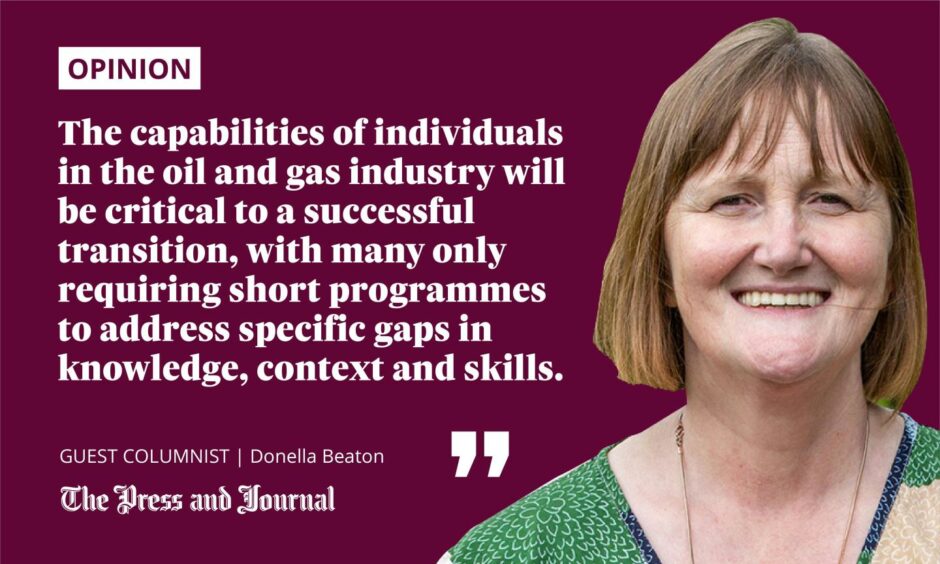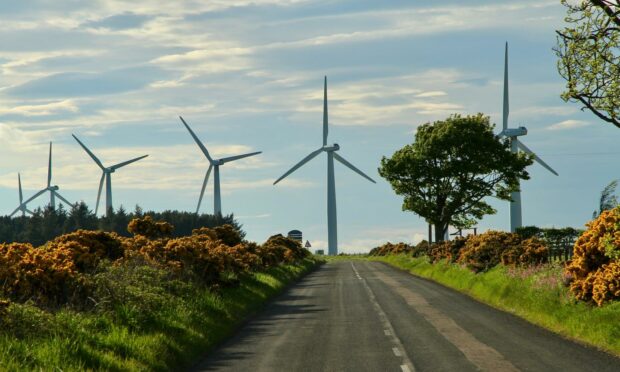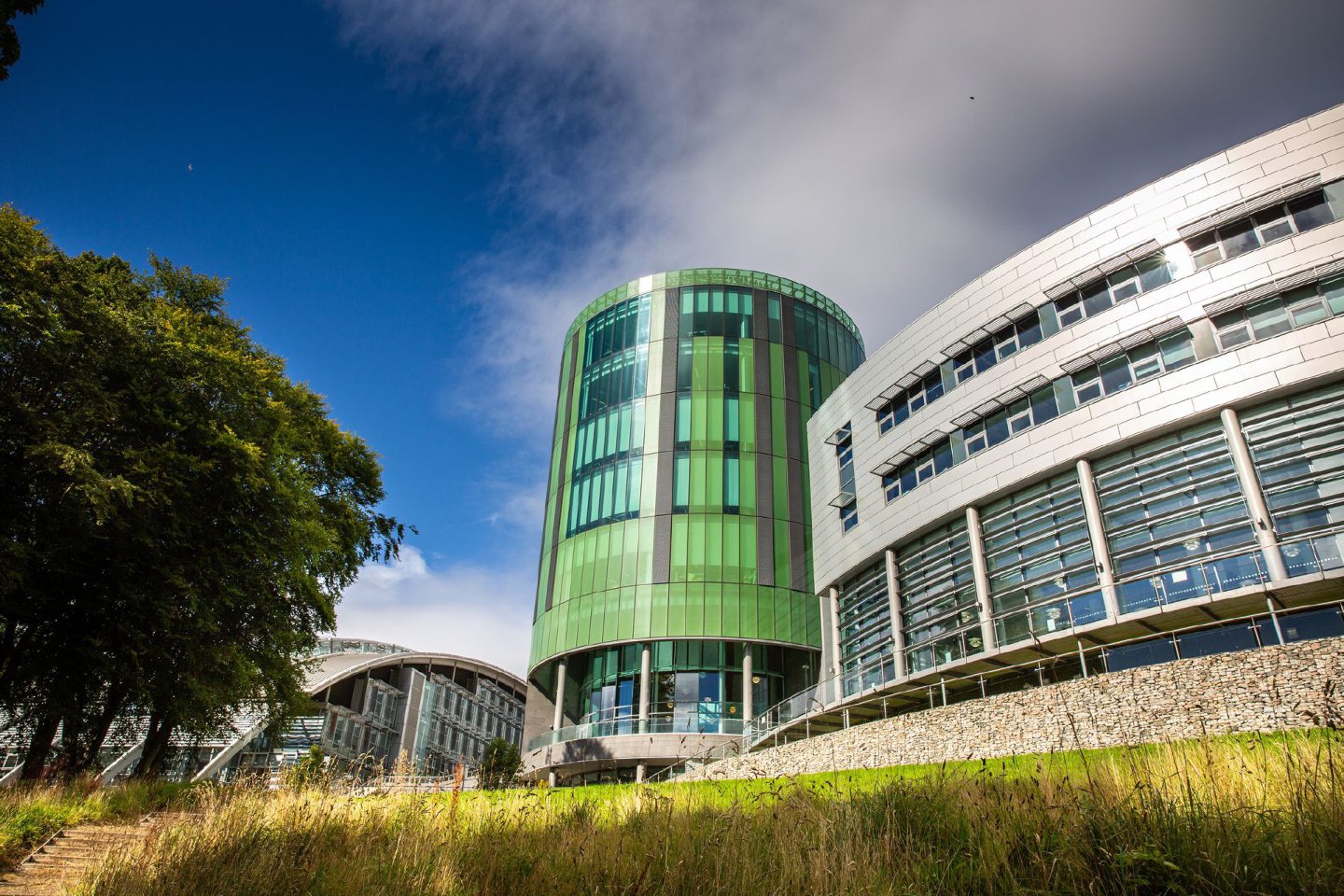The national Covid outlook is, thankfully, improving, but – for most – the economic future is still far from certain.
Concerns over financial, supply and market stability, the changing nature of work and knowing what skills are required for the future are felt by both the individual and the employer.
Nowhere is this more acute than in our own region, where the additional impact of energy transition starts with the individual company and expands across the supply chain to all areas of society.

The magnitude of the challenge is, thankfully, only surpassed by the scale of the potential which, with well-placed investment and a truly joined-up response, will not only deal with that nebulous future but also provide some certainty for today.
There are no guarantees, however, as – despite the tried and tested regional infrastructure, a skilled workforce and experienced educational providers – competition from other areas of the UK and, indeed, the world is understandably fierce. A team approach with a clear vision, timely investment and a steady nerve will be critical.
So, what to do?
Knowledge and skills key to a successful energy transition
At Robert Gordon University (RGU), we purposefully take an industry-informed approach when planning future developments, as demand-led does not give the necessary horizon that energy transition and a post-pandemic world need.
To help focus these plans, we prioritised sectors and cross-sectoral themes, considering regional and national priorities and our own strengths. The university is now adapting and developing its courses, research and economic development support, aligned with these priorities, and doing so with focus, purpose and ambition.
The RGU Energy Transition Institute, for example, has evidenced real thought leadership in considering job and skills transferability from oil and gas to other energies.
In 2021, it reported that over 90% of the United Kingdom’s oil and gas workforce has medium to high skill transferability, with the majority of individuals well-positioned to work in adjacent, offshore energies. This is good news for the energy sector and, therefore, also for the north of Scotland.
The capabilities of individuals in the industry will be critical to a successful transition, with many only requiring short programmes to address specific gaps in knowledge, context and skills. The Energy Transition Institute is currently undertaking a regional review, to be published in May, which will provide more detail for the sector. This has been made possible through funding from the North East Economic Recovery and Skills Fund (NEERSF).
We need well-rounded graduates
Developments go wider than RGU and wider than energy. All universities and colleges have been adapting their portfolios to provide short upskilling and reskilling courses, in addition to their more traditional programmes.
Increasingly, graduates are enterprising, digitally literate and have the skills and resilience to deal effectively with an uncertain and rapidly changing world
In two years, RGU has grown its online short course portfolio to 23 courses. This year, the university is providing over 1,200 fee-waiver places across areas such as entrepreneurship, data science, digital marketing and health and social care, made possible with government funding support through the Scottish Funding Council.
The university is also encouraging and supporting people to start their own business. Again with funding through NEERSF and supported by Opportunity North East, RGU has been able to take its own successful University Startup Accelerator Programme and offer the same opportunity to anyone living in the north-east of Scotland. Thirty-six entrepreneurial start-ups are currently on the programme, selected from over 200 applicants, illustrating significant demand and ambition.
Industry and society, of course, still need well-rounded, educated and skilled graduates from different disciplines. Increasingly, these graduates are also enterprising, digitally literate and have the skills and resilience to deal effectively with an uncertain and rapidly changing world.
At RGU, we are committed to providing our students with the opportunity to develop these attributes, thereby maximising their prospects for employment.
A broad approach is critical
Studying from home last year undoubtedly affected how students accessed work experience. RGU is hugely grateful to employers who support students in this way, and we look forward to further building these relationships which have been shown to benefit both the student and the organisation providing the placement.
Another route for work-placed learning is the Graduate Apprenticeship (GA) programme, providing the opportunity for individuals to undertake a relevant degree while they earn. The Edge Foundation recently reported that GAs have a critical role in driving economic growth, increasing productivity and responding to future skills needs.
Like other Scottish universities, RGU is currently waiting to hear how new apprenticeships might be funded in the coming year. In the last four years, the university has worked with over 300 businesses to support 700 apprentices across Scotland.
Universities are continuously changing and adapting. Delivering different subjects through multiple modes of learning, such as short courses, entrepreneurship programmes, enhanced degrees and apprenticeships, is complicated and resource intensive.
However, this broad approach to skills is critical if we are to meet the needs of the individual and society – to get close to a just transition, create true equality of opportunity and generate the skills, knowledge and enterprise that Scotland needs. People’s futures depend on it.
Donella Beaton is vice principal of economic development at Robert Gordon University



